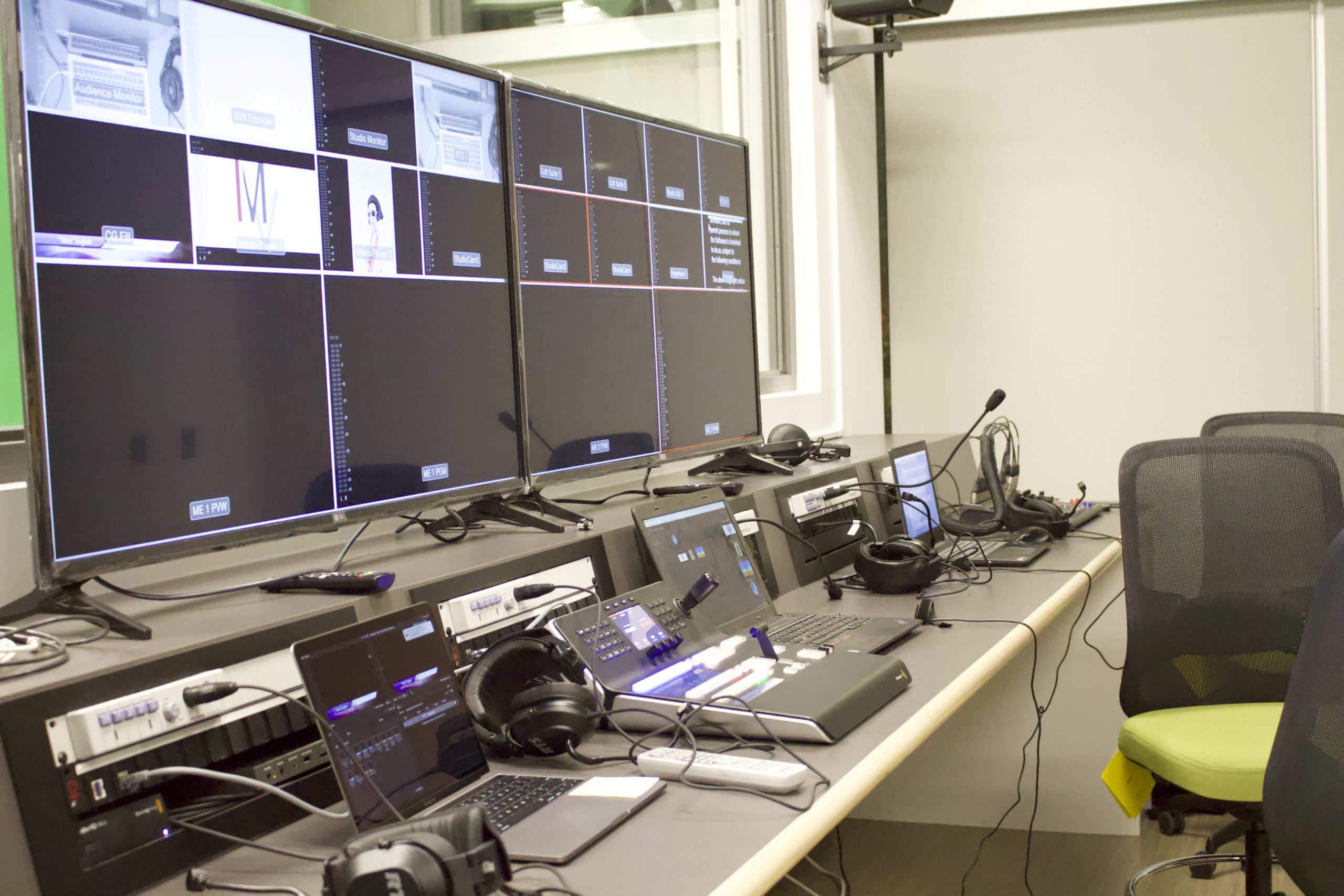MacEwan University’s communications studies program began in 1999, back before some of our first-year students were even born and when MacEwan was still a college. At that time, communications studies were diploma programs, social media was in its infancy and barely anyone knew what it was, and Facebook was still five years away from arriving on the scene. These were simpler times for communicators and journalists alike, and no one could foresee the online communication storm clouds that were coming our way.
Through the years and changes to the world of communications and journalism, MacEwan has adapted, and in 2011, the communication program became a degree just three years after MacEwan became the sixth university in Alberta. As time progressed, the university, its program, and its professors have continued evolving to give their students the absolute best chance they can at great careers in the fields of journalism and professional communications.
The program now boasts 329 students enrolled between the professional communications and journalism majors, according to MacEwan’s Institutional Analysis and Planning department. It also has several publications to its name and it continues to grow in popularity with every passing year.

This year in the new home of communications, Allard Hall, a new state-of-the-art broadcasting studio has been built. When asked when we might expect to see the studio in use, Dr. Rey Rosales, department chair of the communication program, stated, “We have a few classes already using the space — documentary filmmaking, broadcast news, and public affairs, etc. Next year we plan on rolling out some new courses which will require the use of the studio for hands-on training.”
This studio will provide many exciting opportunities to those in that field of study and allow them a more well-rounded education. “For our graduates to be competitive in the marketplace, they need to be equipped with a range of digital storytelling skills. Competencies in visual media — especially video — are required for communication grads to succeed in their work,” Ros- ales elaborated.
“For our graduates to be competitive in the marketplace, they need to be equipped with a range of digital storytelling skills.Competencies in visual media—especially video — are required for communication grads to succeed in their work.”
— Dr. Rey Rosales
In today’s world of journalism and communication, more skills are necessary to be employable. The more hats a graduate can wear, the better their chances of getting employed. Having technical broadcasting experience along with writing and photojournalism knowledge can make a MacEwan student more sought after.
The addition of the studio to the program won’t change its core values, but rather add to what is already there, Rosales says. “The program will continue to emphasize a strong writing foundation. The video production component adds another dimension or layer of competitiveness for our graduates,” he continued. “Students will have more options to enhance their digital storytelling skills.” It won’t just benefit the communications department, Rosales made clear: “We will provide some opportunities for the entire school and student body to use the space for media programming that will benefit the internal and external community.”

These storytelling opportunities are leaving some students very excited as they hear little bits of information here and there about what is yet to come. Among the rumours is the possibility of an option to take a minor in film, and it would appear this is now much more than just gossip. Rosales confirmed, “this is in the works. Stay tuned.” For those students in their later years, this comes too late to take advantage of; however, for those beginning now, the world is their oyster, and all opportunities should be made use of wisely. After all, if knowledge is power, then the more diverse knowledge one holds, the more power they have to communicate their ideas where necessary.
The new broadcast studio features a green screen and three top-of-the-line cameras that can be used stationary or easily taken out of the studio for on-location stories. It has a production control room with all the sound requirements a student could ask for and an editing room. The idea is that students and faculty alike will be able to film material and prepare it for immediate release or broadcast live through the school at a moment’s notice. During a recent introductory night, three students, myself included, were allowed to participate in a practice session as instructors learned the ins and outs of the equipment. The experience was incredibly exciting and educational — a small taste into what broadcast life at MacEwan will hold.

On Feb. 10, the communication program will officially launch the broadcast studio. As it stands now, the plan is for Global News to be a part of this launch day in some way. According to Rosales, a Global News team will be at MacEwan, but there are still details that need to be ironed out. Whatever happens, it is bound to be an exciting time for MacEwan and its students. Post-launch, the real work starts as students adapt to the new equipment and develop new skills.
By the 2020 fall semester, new courses should be announced, and choices will grow. The school has offered up everything students need to go further and do more. What students choose to do with it now is where the real magic lies. If there is one thing that MacEwan students have shown, it’s their ability to go above and beyond. This talent is evident in the art that adorns the school, the plays put on by the theatre studies, and, yes, the publications written by students. Now with a full studio at their disposal, oh the stories they’ll tell and the places they’ll go.





0 Comments